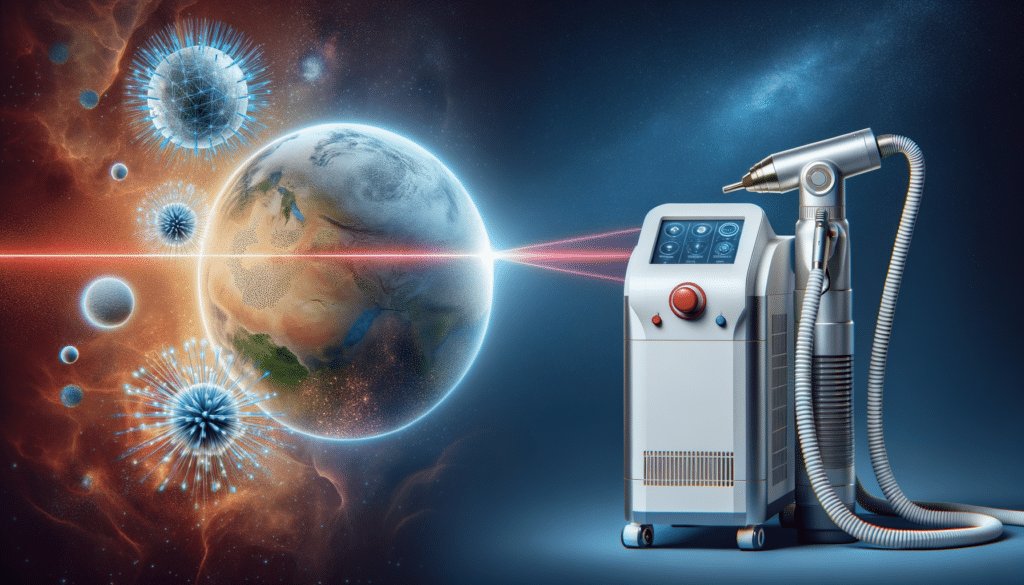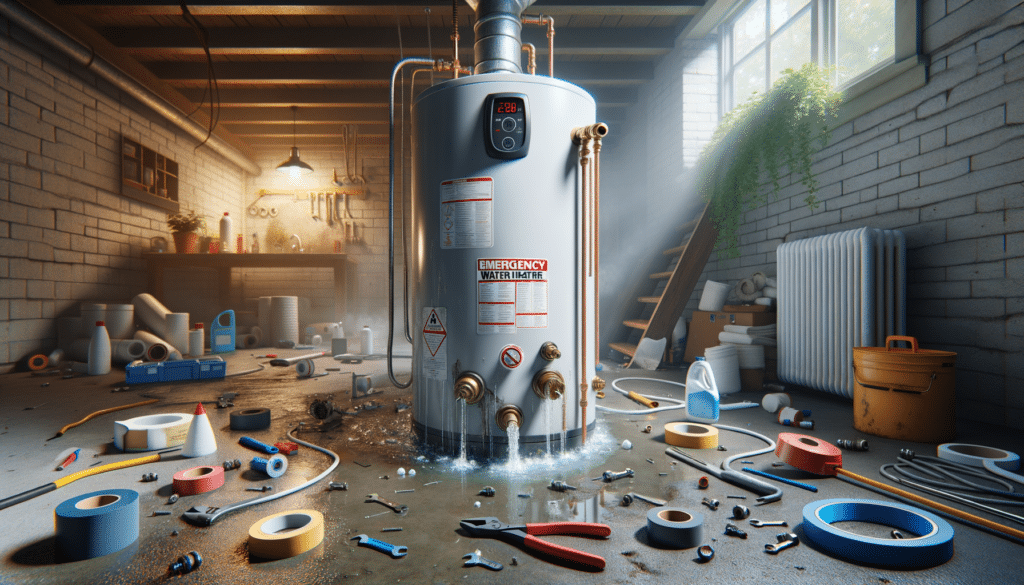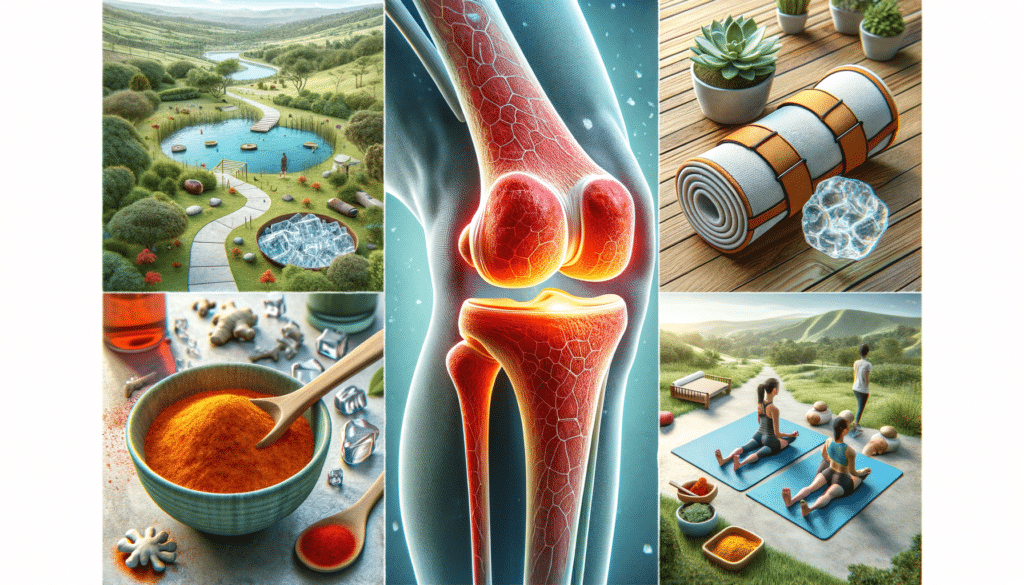Understanding Laser Skin Rejuvenation
Laser skin rejuvenation is a non-invasive cosmetic procedure that aims to improve the appearance and texture of the skin. By using concentrated beams of light, this technique targets specific areas of the skin to address issues such as wrinkles, fine lines, age spots, and scars. The procedure works by stimulating the production of collagen, a protein responsible for maintaining skin elasticity and firmness.
One of the key advantages of laser skin rejuvenation is its ability to provide noticeable results with minimal downtime. Unlike more invasive surgical procedures, patients can often return to their daily activities shortly after treatment. This makes it an attractive option for individuals seeking a quick and effective way to enhance their skin’s appearance.
Moreover, laser skin rejuvenation can be customized to suit different skin types and concerns. Various types of lasers, such as ablative and non-ablative lasers, are utilized depending on the specific needs of the patient. Ablative lasers remove the outer layers of the skin, promoting new skin growth, while non-ablative lasers target the deeper layers to stimulate collagen production without damaging the surface.
Benefits of Laser Skin Rejuvenation
Laser skin rejuvenation offers a multitude of benefits that make it a popular choice among those looking to improve their skin’s appearance. Here are some of the notable advantages:
- Improved Skin Texture: The procedure helps in smoothing out uneven skin texture, giving it a more refined and youthful look.
- Reduction of Fine Lines and Wrinkles: By promoting collagen production, laser skin rejuvenation can significantly reduce the appearance of fine lines and wrinkles.
- Minimal Downtime: Most patients experience only mild redness and swelling, allowing them to resume their daily activities soon after the procedure.
- Customizable Treatments: The procedure can be tailored to address specific skin issues, making it suitable for a wide range of skin types and concerns.
Additionally, laser skin rejuvenation can address pigmentation issues, such as age spots and sun damage, resulting in a more even skin tone. The versatility of this treatment makes it a valuable tool in the realm of cosmetic dermatology.
Comparing Laser Skin Rejuvenation with Other Treatments
When considering options for skin rejuvenation, it’s important to compare laser treatments with other available methods. Traditional options such as chemical peels and microdermabrasion offer benefits but differ in their approach and results.
Chemical peels involve applying a chemical solution to the skin, causing it to exfoliate and eventually peel off. This method can improve skin texture and tone but often requires a longer recovery period compared to laser treatments. Microdermabrasion, on the other hand, uses a mechanical device to exfoliate the skin’s surface. While effective for mild skin concerns, it may not provide the same level of improvement as laser rejuvenation for deeper wrinkles and scars.
Another alternative is radiofrequency treatments, which use energy waves to heat the deeper layers of the skin, stimulating collagen production. While effective, these treatments may require multiple sessions to achieve desired results.
Overall, laser skin rejuvenation stands out for its ability to deliver significant improvements with fewer sessions and less downtime, making it a preferred choice for many seeking comprehensive skin enhancement.
Potential Risks and Considerations
As with any cosmetic procedure, laser skin rejuvenation comes with potential risks and considerations. While generally safe, it is essential to be aware of possible side effects and take necessary precautions.
Common side effects include redness, swelling, and temporary discomfort in the treated area. These effects typically subside within a few days. However, more serious complications such as infection, scarring, or changes in skin pigmentation, although rare, can occur. It is crucial to choose a qualified and experienced practitioner to minimize these risks.
Patients should also consider their skin type and condition before undergoing laser treatments. Individuals with darker skin tones may be at a higher risk for pigmentation changes, and those with certain medical conditions or medications may not be suitable candidates for the procedure.
Consulting with a dermatologist or a certified laser specialist can help determine if laser skin rejuvenation is the right choice, addressing any concerns and setting realistic expectations for the results.
The Future of Laser Skin Rejuvenation
The field of laser skin rejuvenation continues to evolve, with ongoing advancements promising even more effective and safer treatments. Researchers are exploring new laser technologies and techniques to enhance results and reduce recovery times further.
One exciting development is the use of fractional lasers, which deliver laser energy in a grid-like pattern, targeting only a fraction of the skin at a time. This approach allows for quicker healing and less downtime while still achieving significant improvements in skin texture and tone.
Additionally, the integration of laser treatments with other modalities, such as platelet-rich plasma (PRP) therapy, is gaining popularity. PRP involves using the patient’s blood to promote healing and rejuvenation, enhancing the effects of laser treatments.
As technology advances, laser skin rejuvenation is likely to become even more accessible and effective, offering individuals new opportunities to achieve their desired skin goals with minimal disruption to their daily lives.





